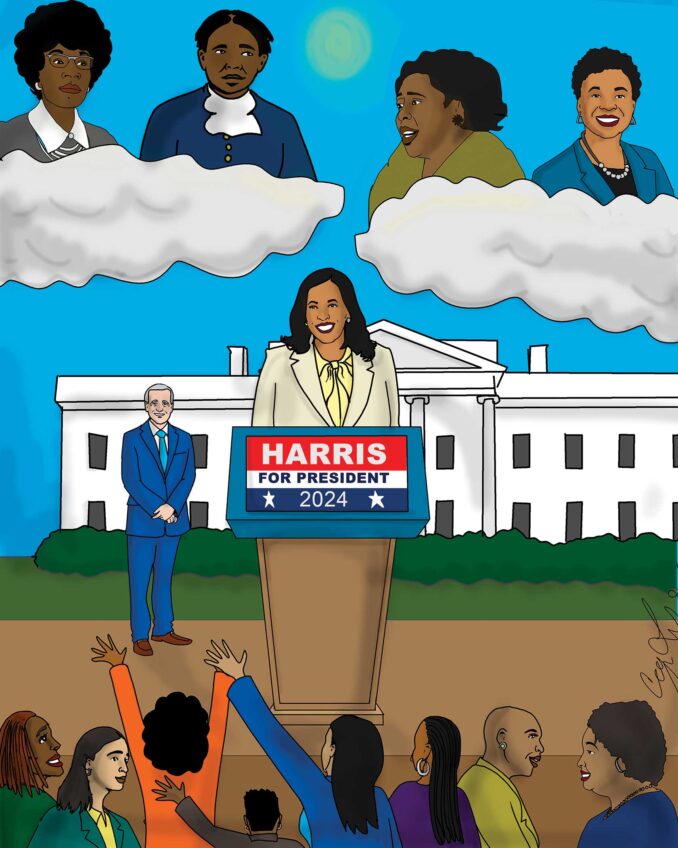
People all over the world acclaim Rev. Martin Luther King, Jr. as the primary leader of America’s Civil Rights Movement. The quiet wisdom of his eloquent statements that are often repeated sustain his memory. As is the case with many leaders, MLK seemed to emerge when circumstances created a pressing need. MLK had demonstrated no great ambition for prominence before he stepped forward.
Nonetheless, MLK grew up at a time when it was culturally expedient to induce youth to mature quickly. MLK was born on Jan. 15, 1929, the same year that the Great Depression began. This period of economic decay continued until 1941, and it created a sense of urgency about survival among Americans, especially blacks. The life expectancy for an African American born in 1930 was only 48.1 years.
With such a short anticipated life span, blacks had great incentive to grow up fast, become ready for work and commit to the responsibility of a family. Those who spent time on higher education were expected to work hard at their studies. MLK’s father did not permit him to join a fraternity when he was an undergraduate at Morehouse. His father thought that fraternity life was too frivolous. It was not until he came to Boston University for his Ph.D. that MLK joined the Alpha Phi Alpha fraternity.
Upon the completion of his studies at Boston University, MLK went south to become a foot soldier in the struggle for civil rights. His leadership qualities were recognized early on and he was chosen to be the spokesman for the Montgomery Bus Boycott which began on Dec. 1, 1955. MLK was then only 26 years old. As might be expected, some older men found it difficult over the years to be passed over for a much younger leader. However, the success of the bus boycott, which ran for more than a year, established MLK’s leadership credentials.
During the era of the 1950s, and to some extent earlier, there seemed to be a great focus in the black community on encouraging the early maturity of black men. A common biblical citation in churches was from I Corinthians (13:11):
“When I was a child, I spoke as a child, I understood as a child, I thought as a child; but when I became a man, I put away childish things.”
Two other prominent black spokesmen who emerged during this time were Malcolm X, who was four years older than MLK, and Minister Farrakhan who was four years younger. Tragically and ironically, both MLK and Malcolm X were killed at the age of 39.
Times have changed. The mortality rate for blacks is about 75.5 years, 27.4 years more than in 1930. Blacks now seem to feel more comfortable about being part of the nation’s youth-oriented culture. Many have joined the state of perennial adolescence, with adults dressing like teenagers and ridiculing those who appear to accept the sartorial standards of maturity.
In a brief lifetime of 39 years, Martin Luther King was able, with the association of others, to improve the legal status of blacks in America. A major renewed commitment to maturity, discipline and organized effort is necessary for blacks to attain a reasonable level of economic growth.






